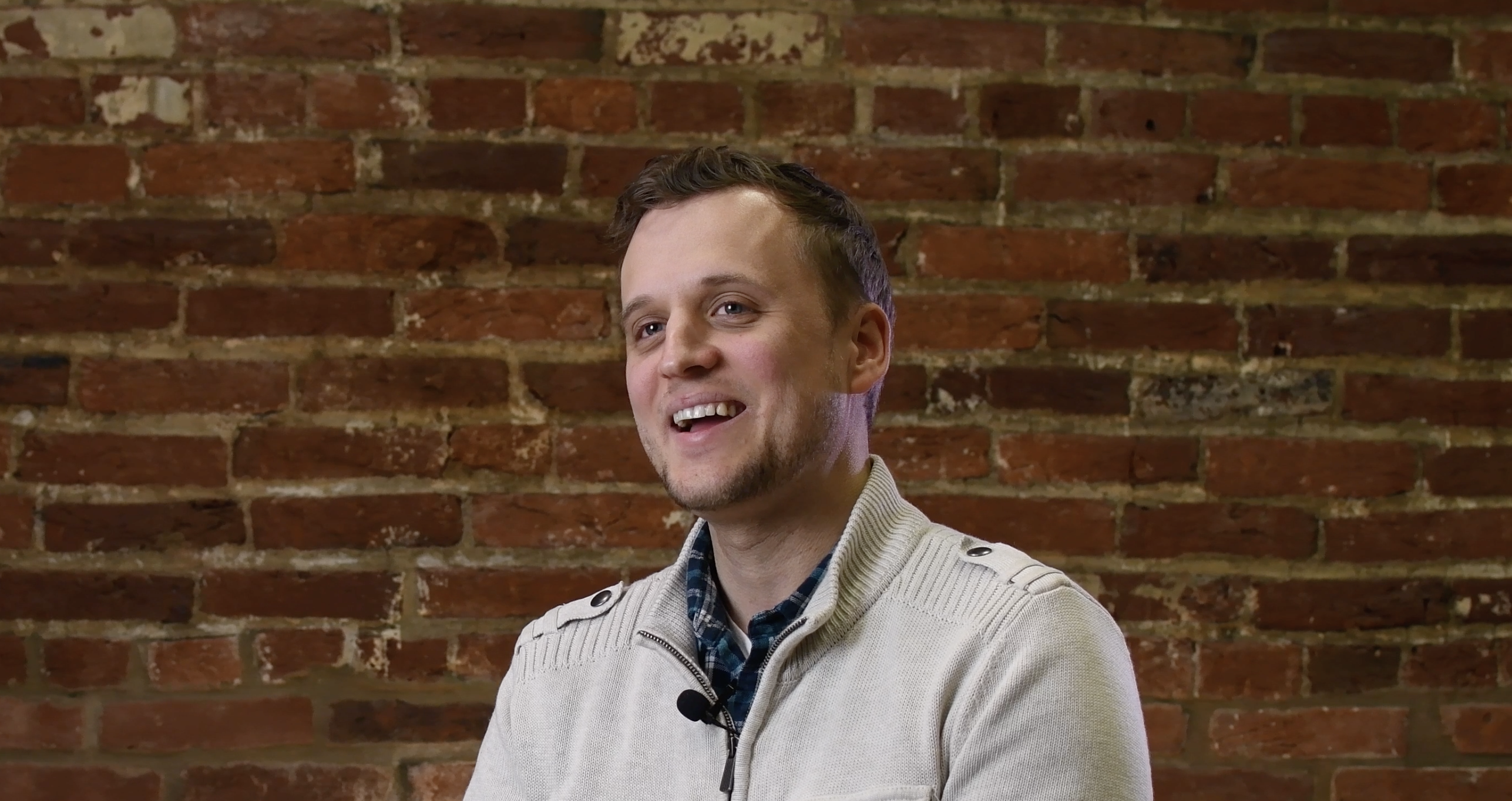The quiet family killer
We have all heard about or experienced the devastating impact pornography has on individuals, but its fallout on entire family groups is alarming. Researchers completed a major study of pornography, concluding that it is a "quiet family killer." They found that 56% of divorces occur because one partner has an obsessive interest in pornography. With current divorce rates, that suggests that pornography ends just under 500,000 marriages each year. These numbers represent a staggering number of homes broken by pornography that extends beyond ruined adult relationships and into the lives of our sensitive, developing children. Beyond a doubt, experts conclude that parents' pornography consumption negatively impacts children, both directly and indirectly.Direct impact: When children view pornography
If parents bring pornography into the home, chances are that the children will be exposed to it at some point, whether they discover it on their own or see a parent viewing it. Research indicates that when kids view pornography before they are developmentally mature enough to handle it, they have lasting traumatic responses, including:- A higher risk for developing addictive sexual behavior
- A belief that marriage and family are not important or desirable
- An earlier start to their own sexual activity
- A belief that sexual satisfaction is attainable without having affection for one's partner, which reinforces the idea that sex is a commodity and humans (especially women) are sexual objects.
- An incorrect understanding of sexuality children are not mature enough to process, such as thinking extreme sex practices are common.
- Adolescent boys become more violent, aggressive and sexually forward with peers, while adolescent girls are more inclined to tolerate emotional, physical, and sexual abuse.
Indirect impact: When children sense the problem
Children are attuned to the health of their family. When they see their parents suffering from the intense emotions pornography often evokes, it affects them deeply. Jill C. Mannings extensive research confirms that in committed relationships, a partners pornography usage causes the other partner to feel "hurt, angry, sexually rejected, inadequate, and unable to compete with sexy online women (or men)." In particular, kids see their mothers feeling "betrayal, loss, mistrust, devastation, and anger as responses to the discovery or disclosure of a partner's pornography use and/or online sexual activity" as men view pornography more than women. Moreover, Manning notes that children sense the shame and distraction the pornography user in the family is constantly burdened with.Children internalize what is not explained to them
In an interview with Kenneth Adams, a licensed clinical psychologist, he said that while parents think they are hiding pornographys disastrous effects on their marriage from their children, they are mistaken: "Almost all the time, kidsparticularly your first borns and your last borns' are tuned into the marital relationship and they, more than the other kids, can often be quite attune to [pornography's effects]."The pros say that when children instinctively know but are not informed about marital conflict they often:- Have trouble adapting emotionally and feel alone, anxious, depressed, and stressed.
- Isolate themselves to escape negativity, which leads to feeling responsible for the conflict.
- Develop a preoccupation with their private life which challenges their ability to focus on things like schoolwork, extracurricular activities, relationships, and even basic cognition.
- Develop a negative relationship to the parent they see as the threat to the other parent.



[…] for some. Introducing a teen whose brain has not fully developed to the world of pornography is dangerous and irresponsible. Porn scars people, disrupts families and does not promote healthy relationships in general. Tell […]
[…] for some. Introducing a teen whose brain has not fully developed to the world of pornography is dangerous and irresponsible. Porn scars people, disrupts families and does not promote healthy relationships in general. Tell […]